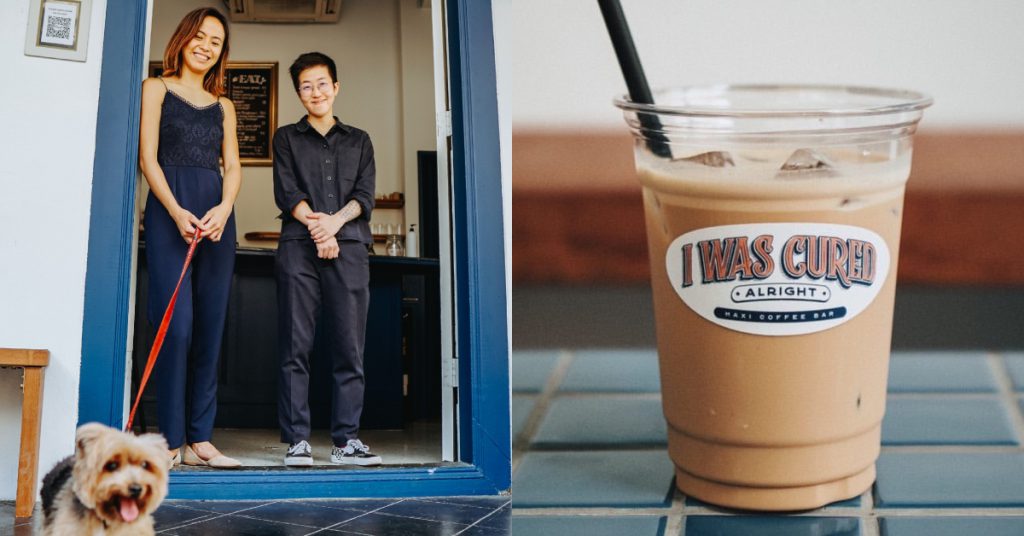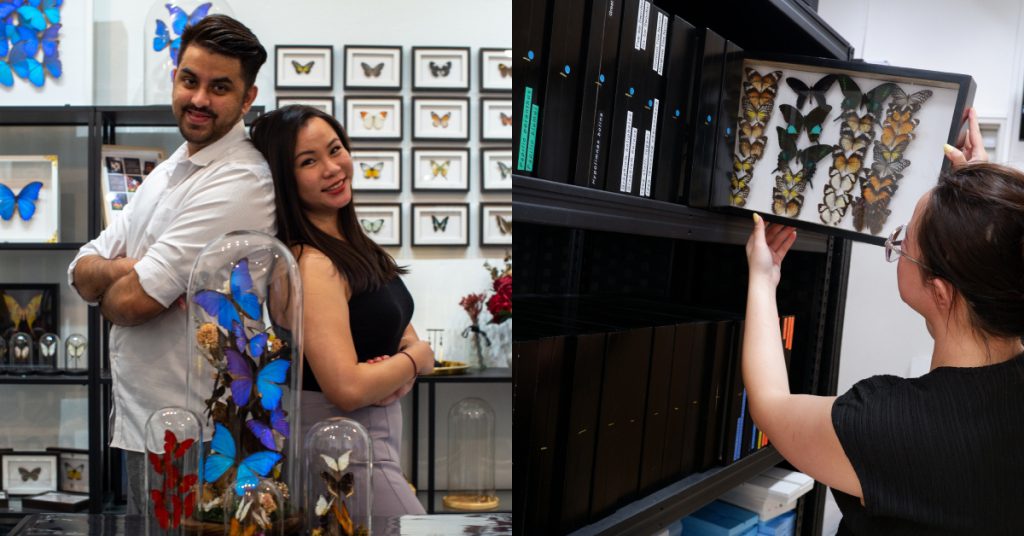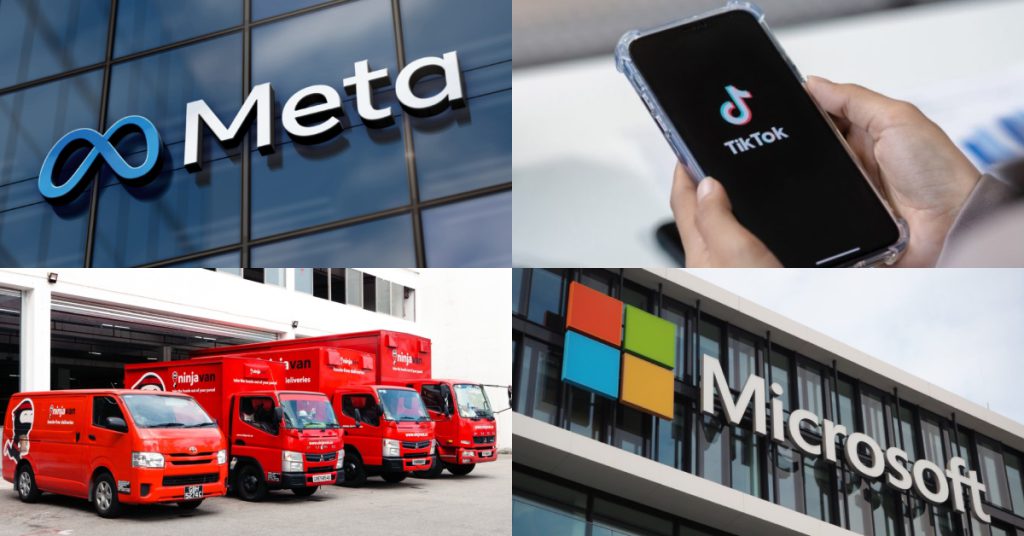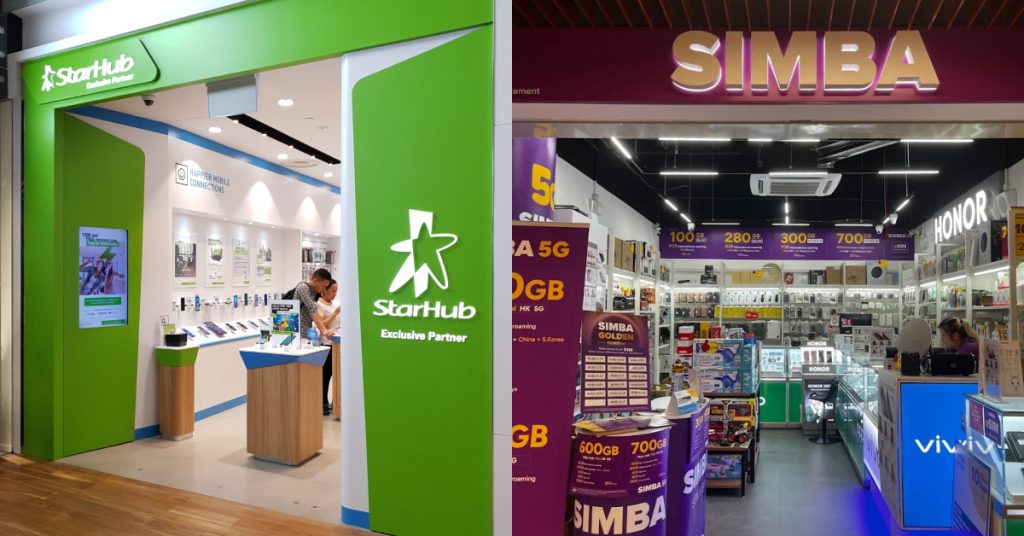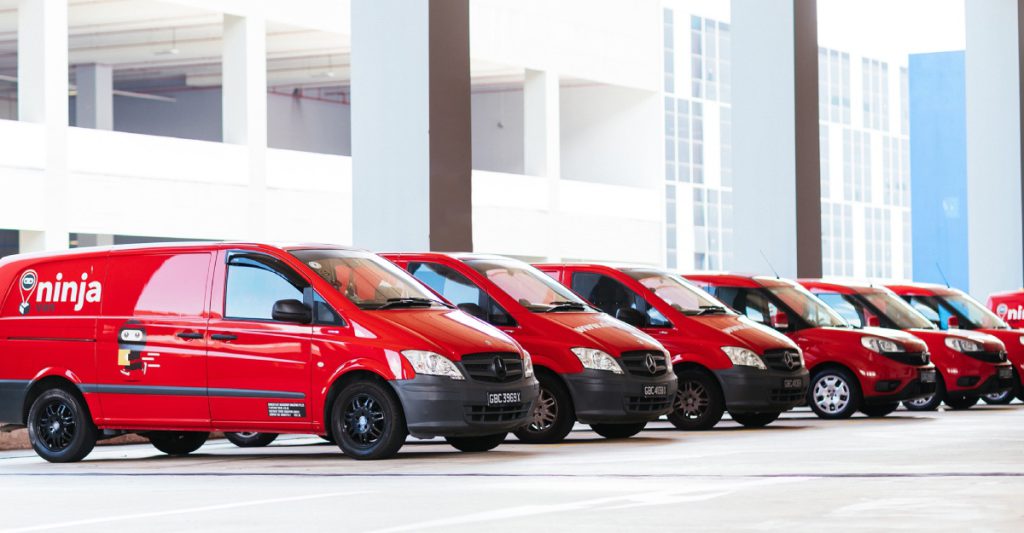Copycats. This is a word that no one ever wants to hear being used to describe themselves. Doled out as an attack on one’s character, this kindergarten insult has found its way into the startup world, if Wild Digital Southeast Asia 2022 was anything to go by.
During the digital conference held in September, various entrepreneurs and investors spoke on copycat startups, a term used to refer to businesses that seemingly base their ideas off pre-existing ones.
While it doesn’t sound like a bad thing, the connotation of the phrase is pretty clear—it means that the startup under question lacks originality.
But how important is originality even, when some of the biggest companies in our regions are, no offence, copycats by definition? With that in mind, perhaps being called a copycat isn’t a bad thing in the first place.
And you don’t even have to take my word for it. Instead, take it from the people who actually invest in local startups.
Copycat startups help the economy
“Most, if not all, of our ecosystem’s current returns in Southeast Asia are copycats,” said Jeffrey Paine, the managing partner and co-founder at Singapore-based Golden Gate Ventures. “Nothing wrong with that.”
In fact, Ben Lim, the founder and CEO of NEXEA Venture Capital, even said that he understands copycat startups to be a “good thing” overall.
After all, investing in copycat startups is a norm on a global scale, too.
“In the US, Lyft exists with Uber,” Ben pointed out. “In Southeast Asia, we have Grab, Gojek, and airasia competing for the super app market. It would be monopolistic to say that only one of them can do what they do, and it will be very bad for consumers as well.”
He continued, “If VCs are willing to invest, the market is usually big enough for a few players, at least!”
The team at OSK Ventures, a Malaysia-based investment holding company, also agree.

“With each startup that launches, the ecosystem is able to grow, benefiting the stakeholders (team members, customers, suppliers) by enabling them with more choices and increased exposure to a new product, service, or technology,” they said.
Plus, there’s the fact that investing in copycat startups is safer because there’s already market validation. Furthermore, leaders of such startups can also look to their predecessors and learn from their mistakes.
Taking the cue from abroad
While Ben and OSK Ventures have explained why multiples of a certain idea or type of startup within a local market are beneficial, what about startups that copy ideas from abroad?
Well, these investors believe that’s totally fine, too.
This is because startups tend to have geographical barriers or even cultural ones, which may prohibit them from entering a market. Because of that, we’ll end up having a gap in the said market.
Entrepreneurs who notice that gap will naturally want to fill it, which may result in a “copycat” startup.

“It’s not a bad thing to produce copycat startups because every market in every country has its needs, and there will always be an entrepreneur that will fulfil those needs,” Ben explained. “They are in fact doing a service to improve the lives of those in their own markets.”
On top of that, Ben shared that the global competitors who are being copied might even like it because copycat startups allow them to enter the market down the road with lesser risks.
Good copies and bad copies
Of course, not every single “copycat” startup is beneficial or good. Rather, it comes down to whether the startups actually put in the work to cater the copied idea to the local market.
As Ben put it, even if a startup is rooted in a copied idea, “they do evolve to be stronger in their own markets, and eventually find their own path”.
“While we may not be able to see the immediate impact, this innovation layered on top of a pre-existing idea/business is important as it kickstarts the next cycle of innovation over a medium-to-long-term basis, possibly catalysing to an ‘original’ startup idea,” OSK Ventures added.
According to Jeffrey, good or bad startups all come down to performance on growth, unit economics, and defensibility.

When it comes to copycat startups specifically, good ones would understand timing and how to localise. This means lots of research would be needed to understand which markets to go to and when.
In contrast, bad copycats are the ones that emerge at the wrong time and have a poor understanding of the target market, poor unit economics, and address a small market.
“Among VCs, we tend to see a lot of repeat ideas that are no longer investable or have never been investable,” Ben shared.
“But the startups that copy something new and have original adaptations that make sense in the SEA market are those that we look out for.”
Originality is overrated, especially in Malaysia
As Jeffrey put it, we play a different venture game in Southeast Asia compared to, say, Northern California. A New York Times article describes it this way—in Silicon Valley, originality is perceived as the main currency for successful startups.
However, in a country that’s playing catch-up like Malaysia, originality and even innovation mean nothing when there are still basic solutions missing in the market.
But of course, it’s not like there are absolutely no new innovations in Malaysia. It’s just less. A lot less, compared to the likes of China or the US.
Thus, Jeffrey thinks it is important to think bigger and more globally, but that’s not something all founders can do or are empowered to do.
“One way to increase confidence is to expose more founders or potential founders to ecosystems in the US,” Jeffrey suggested.
However, Ben thinks that innovative startups shouldn’t be prioritised over copycats. At least, not yet.
“Both are needed in the market badly,” he said. “I still see huge gaps in the market, and we need more startups in many industries. Some markets need real innovation, while others need only copycats.”
As Mark Twain had said several centuries ago, “There is no such thing as a new idea. It is impossible.”
But before you lose all hope, the American writer also went on to continue, “We simply take a lot of old ideas and put them into a sort of mental kaleidoscope. We give them a turn and they make new and curious combinations.”
- Read more about Malaysian startups here.
Featured Image Credit: Jeffrey Paine / Ben Lim





